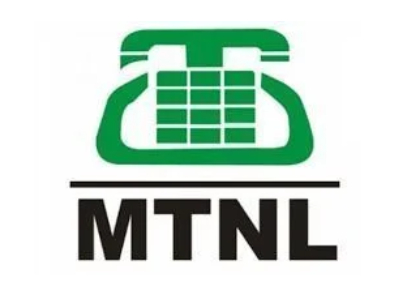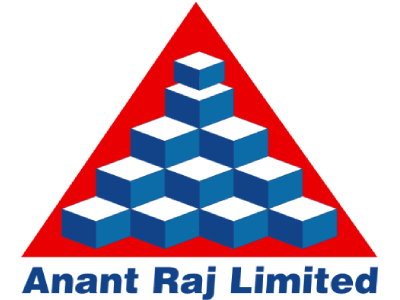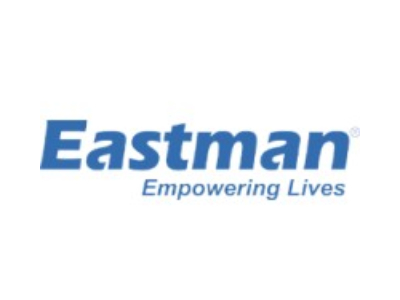Overview of Due Diligence
The term Due Diligence defines a general responsibility to exercise due care in any operation of the company. All the efforts, remunerations, and analysis to be made by any individual or body corporate, to thoroughly evaluate or perform all essential deals or contracts, come under this process. To perform different kinds of businesses and transactions in the financial world, it is an important aspect to be present. In this article, we will discuss the complete overview of the process of Due Diligence.
What is Due Diligence?
Due Diligence is a process of:
- Analysing the several aspects to estimate the commercial potential of the entities;
- Assessing the financial viability of an entity in terms of the assets and liabilities of it at a comprehensive level;
- Examination of the operations and verification of the material facts related to the entity in reference to any proposed transaction.
What are the benefits of conducting the process of Due Diligence?
The benefits of conducting the process of Due Diligence are as follows:
- Administration and OwnershipThe complete analysis of who runs the Company.
- CapitalizationThe Examining how large and volatile is the Company and its market. A contrastive analysis of both is needed.
- Business Competitors and IndustriesA complete research and comparison of the boundaries of competitors in the market for a better comprehension of the target Company
- Balance Sheet ReviewA Balance Sheet Review of a company helps in interpreting the debt-to-equity ratio.
- Revenue, Profit and Margin BearingsTo examine whether there are any recent trends in the figures which may be falling, rising, or stable.
- RisksTo learn industry-wide and Company-specific dangers. Checking if there are any current on-going risks and try to predict any futuristic unforeseeable threats later on.
- Capital History, Options and ProbabilitiesHow long the Company has been dealing in the market. The dealing is for a short- term or long-term. Has there been any steady stock price?
- ExpectationsTo maximize the profit of the company for the future.
What are Different Types of Due Diligence?

The process of Due Diligence differs for different kinds of entities. There arearound as many as 25 or more angles of observing and analyzing the day to day affairs of any Company.
The main kinds are as follows:
Business Due Diligence
This type of Due Diligence typically involves looking at the business scenario, quality of parties, and value of the investment.
This type includes the following:
Operational
This type of Due Diligence looks into the operational weaknesses, functioning of Target Company, degradation or up-gradation related to the operational process of a Company, economic impact on the operational efficiency of a Company.
Strategic
In this type of Due Diligence analysis of business or transaction is thoroughly checked whether the business or transaction is commercially feasible or not. The position of the Company in a competitive environment is also carefully looked into to gain better results later on in the industry.
Technology
This type of Due Diligence includes the check on the present level of technology and the existing level of technology in the company. If there is need of any further investment in the Company or not.
Environmental
This type of Due Diligence involves all the environmental risk associated with a Company. This type includes the identification of risks regarding:
- Assessment of Site;
- Managing the operation at sites;
- Reviewing the history of the sites and the environmental condition of the site;
- Regulatory check of pollution of the site.
Human Resource
This type of Due Diligence primarily aims at the issues related to the workforce of the Company. Sometimes, there are certain cultural differences in the Company, which lead to small problems in the Company. It is very essential to understand the crucial cultural differences of the Company for a pleasant working environment in the Company.
Ethical
This type of Due Diligence calculates all the ethical risks involved within the Company. The ethical character of a Company, the reputation of a Company, the partner or director or officials is ethical or not; all these risks are managed under this type.
Legal Due Diligence
This type of Due Diligence mainly concentrates on the legal aspects of the transactions, legal pitfalls and any other law-related issues.
Under this type of Due Diligence, the examination of the following elements is usually done:
- Memorandum of Articles or MoA;
- Minutes of the Board Meetings;
- Copy of all the share certificates issued to the employees;
- Guarantees to which the Company is party;
- The Licensing Agreements;
- The Loan Agreements.
Financial Due Diligence
This type of Due Diligence involves an analytical study of the business, identifying the vital monetary risks, assessing the key issues with the Company and main drivers behind maintainable profits and cash flows, and potential deal breakers of the transaction. The validation of all the Financial, operational and commercial assumptions is done here. The review of the internal audit, accounting policies, earning sustainability, the value of assets, and structure of the deals and examination of the financial system is done in the Financial Due Diligence.
What are the documents required for the Due Diligence?
The main documents required for the process of Due Diligence are as follows:
- The Certification of Incorporation;
- The Memorandum of Association or MOA;
- The Articles of Association or AOA;
- The Financial Summary;
- The IT Returns of the company;
- Bank Report of the company;
- The certificates of Tax certification;
- The composition of the Shareholding;
- Statutory declarations of the company;
- All the Property records of the company;
- The Intellectual Property Certification or application;
- The Service bills;
- The Environmental audits, license and permits;
- The Biographical data;
- Labor disputes of the company, if any;
- The Employment and loan contracts;
- The Employee benefits documents;
- The Employment manual and policies;
- All the Operational documents related to the list of suppliers of the company, total monthly production capacities and yield, the backlog of the production, inventory reports, etc.
The registration procedure for Secretarial Audit and Due Diligence services involves certain steps to establish yourself as a professional service provider in these areas. Below is a general outline of the process:
Understand Legal and Regulatory Requirements: Before offering Secretarial Audit and Due Diligence services, it’s essential to have a thorough understanding of the legal and regulatory framework related to these services in your country or region. Familiarize yourself with the Companies Act, Securities and Exchange Board of India (SEBI) guidelines, and any other relevant laws.
Educational Qualifications and Experience: Ensure that you possess the necessary educational qualifications and experience to provide Secretarial Audit and Due Diligence services. Many countries have specific requirements for professionals offering these services, such as being a qualified Company Secretary or Chartered Accountant.
Register as a Professional: Register yourself as a professional service provider with the appropriate regulatory authority or professional body. This may involve obtaining a membership or license to practice as a Company Secretary, Chartered Accountant, or other relevant professional designation.
Set up Your Firm or Practice: If you intend to offer Secretarial Audit and Due Diligence services under a specific firm name, you may need to register the firm with the relevant authorities. This step will involve choosing a unique name and complying with any naming guidelines in place.
Obtain Professional Indemnity Insurance: Consider obtaining professional indemnity insurance to protect yourself and your clients in case of any legal liabilities arising from the services provided.
Develop Standard Procedures and Templates: Develop standard procedures and templates for conducting Secretarial Audit and Due Diligence to ensure consistency and professionalism in your service delivery.
Marketing and Networking: Promote your services through various marketing channels, including online platforms, networking events, and professional associations. Networking with other professionals and potential clients can help in getting referrals and building your reputation.
Client Engagement and Agreement: When engaging with a client, ensure to have a clear written agreement outlining the scope of services, deliverables, timelines, and fees. This agreement will protect both you and the client’s interests.
Stay Updated with Regulatory Changes: Keep yourself updated with any changes in relevant laws and regulations that may impact your Secretarial Audit and Due Diligence services. Continuous professional development and attending relevant workshops and seminars can help in staying current.








